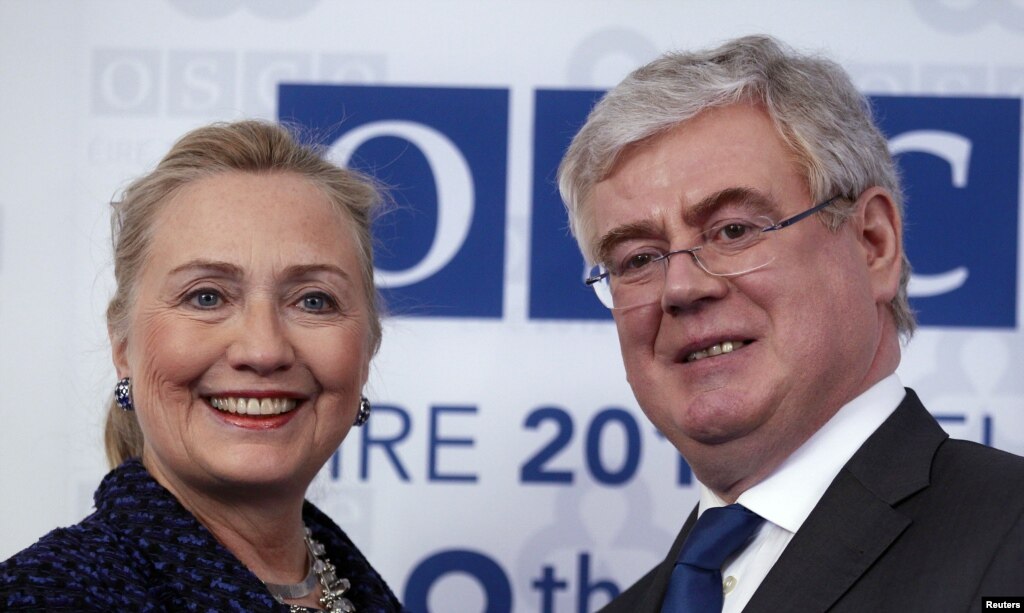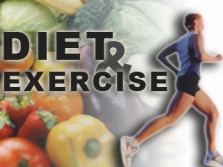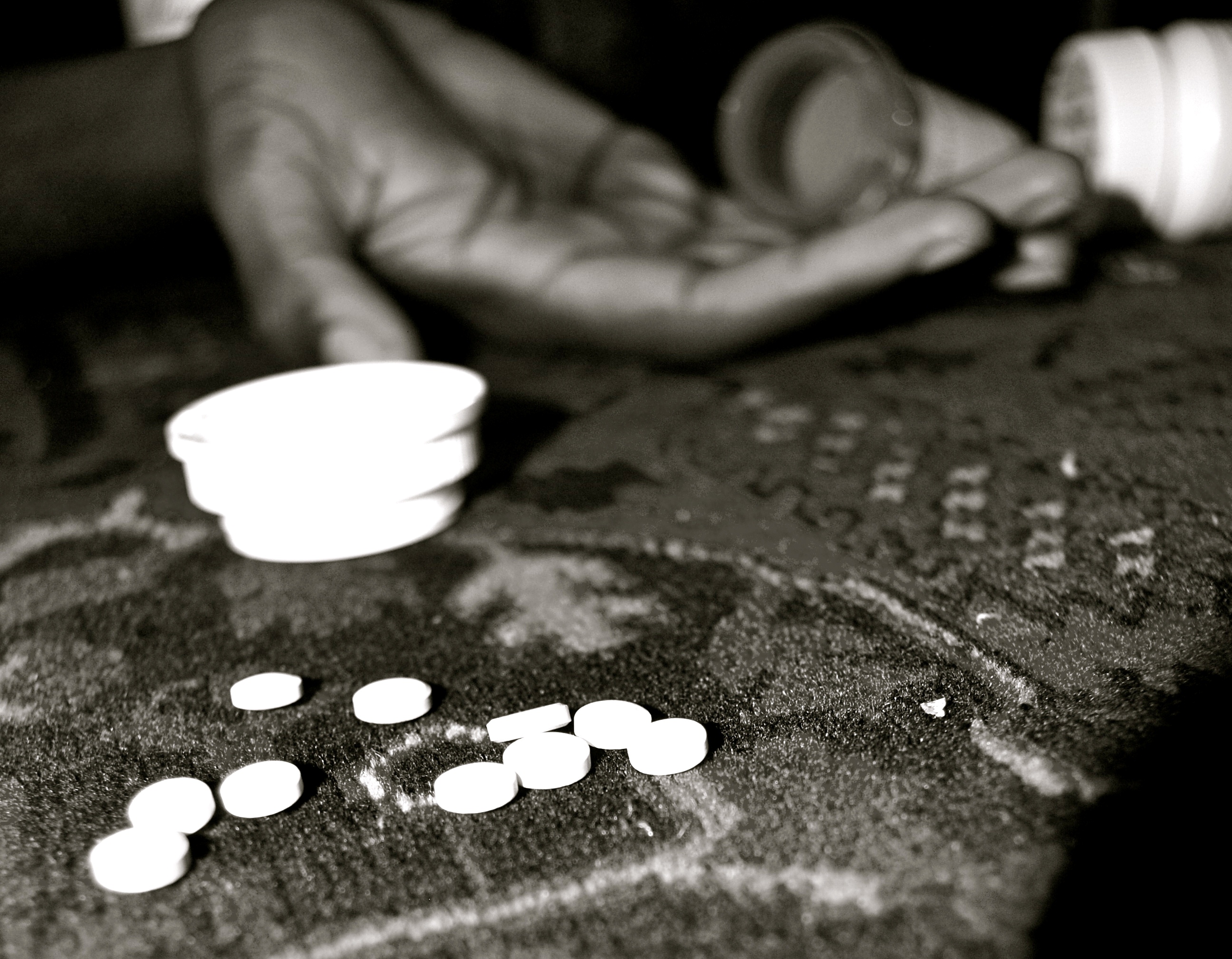Joan Burton wants to see an “ability to pay” clause attached to the Irish property tax
The Social Protection Minister was speaking at the latest Labour Party leadership debate in Portlaoise, Co Laois.
Ms Burton said the extreme left in Ireland were the only left-wing grouping against a property tax. But she believed the property tax had to be applied fairly.
“One of the things that has to be done into the future is take some account of ability to pay,” she said.
But Ms Burton stressed she was talking about the change at some point in the future and was not mooting it as a policy for this Government.
Her opponent, Alex White, said he was personally in favour of a wealth tax.
“Tax reform should favour low income and low and middle income people,” he said.
Mr White pointed to a report by the Neven Institute, a left-wing economic thinktank, which has proposed a wealth tax which could raise €150m from a tax of 0.6% on all assets above €1m
The junior health minister said he was again talking about a party policy for the future.
“We are not going to get it past Fine Gael at the moment. But I think it should be part of our policy development running into the next general election,” he said.
Hilary Clinton praises progress of Irish research work
The former US Secretary of State Hillary Clinton has given a boost to an Irish university after she praised a body of work carried out by researchers there.
Clinton was speaking at the launch of a World Bank report, ‘The Voice and Agency: Empowering Women and Girls for Shared Prosperity’, which looks at development around the world through gender issues.
A key chapter of the report is drawn from the research undertaken by a team at NUI, Galway. Lead by Dr Nata Duvvury it looked at the economic costs of domestic violence and it’s implications for growth and development.
The US politician praised the Galway research which linked GDP to domestic violence. It found that loss of productivity due to domestic violence related absenteeism in Vietnam, Bangladesh and Uganda was significant. Loss of productivity equated to 0.78pc of GDP in Vietnam, 0.5pc in Bangladesh and 1pc in Uganda.
PRAISE
Clinton said the data had given “a much stronger foundation on which to make arguments” for women’s equality, referencing specifically the economic data from NUI, Galway.
“It has also opened up new areas of analysis and persuasion. Certainly the economic arguments which are highlighted in this book, linking, for example, domestic violence and the decrease in GDP to that particular problem could not have been possible, because we weren’t looking for the information, we weren’t drawing the conclusions.
“So we’re now building on a much stronger foundation,” she said.
Clinton told how she had tried to raise the issue of domestic violence in impoverished countries while she was US Secretary of State but the lack of strong data made it difficult to get the message across.
“Now with this information it’s even a much stronger argument because now you can quantify it in terms of GDP which does get people’s attention,” she added.
The Galway team were commissioned to carry out the research by the World Bank and spent six months last summer on the work.
“The object was to relate IPV (Intimate Partner Violence) with economic growth and we developed the model to measure that.,” said Patricia Carney, one of four researchers involved in the Galway research.
RECOGNITION
Lead researcher Dr Duvvury said the work highlighted an important issue.
“Looking at the links to GDP is a way of getting governments to pay attention. They can often overlook the serious impacts that surveyors of domestic abuse experience; but when they see the dollar impact they pay attention because it is effecting their economy,” she added.
Exercise guidelines ‘they are hard to meet’
One of the UK’s leading sports medicine specialists says government guidelines are actually discouraging people from being active.
In this week’s Scrubbing Up, Dr Mike Loosemore, head of exercise medicine at the Institute of Sport Exercise and Health at University College London who has been involved in the development of commercial exercise programmes, says people should be encouraged to do more “low-level” exercise – such as simply standing up.
READY FOR A SIT-DOWN OR ARE YOU SITTING COMFORTABLY ALREADY?
You might be a little less relaxed if you knew that lack of physical activity is the public health problem at the beginning of the 21st century.
Recommendations are not just failing to engage the population, but are positively discouraging people to participate at all.”
There is an overwhelming weight of evidence that humans need to be active.
And I’m not talking about hours in the gym or jogging miles around the local park, but simply avoiding the sort of sedentary behaviour that sees us spending hours of our day sat in front of a computer, at the wheel of car or watching the gogglebox.
IT’S TIME TO STAND UP FOR YOURSELF i.e. LITERALLY.
There is now enormous evidence that simply standing makes huge differences to your health.
It is estimated that being on your feet for just three hours a day can extend your life by two years!
The great news is of course that now everyone can benefit.
If you are feeling unfit or fat, or too over the hill to walk up even a small one, it’s time to think again.
Low-level activity, even regularly getting off your seat, can change your life forever.
Active individuals reduce their risk of heart disease by 40% against their inactive counterparts.
Other reductions are similarly extraordinary. High blood pressure can be lessened by almost 50%, the risk of recurrent breast cancer by almost 50% whilst the likelihood of colon cancer goes down by over 60%.
It has great mental benefits, too, with the risk of developing of Alzheimer’s disease decreased by a third and depression eased as effectively as Prozac or behavioural therapy.
Activity is not only more powerful than drugs for most conditions, but can act as a cure-all.
The UK government’s recommendation that adults in the UK complete 30 minutes of moderate activity five days a week to achieve the above gains would seem to make sense.
No drugs are involved and this level of activity needs no special equipment.
It would seem so undemanding yet so beneficial, you would expect the whole of the population to be following these guidelines.
HOWEVER, WHAT DO WE FIND?
When adults were monitored, barely 7% of men and 4% of women were carrying out enough activity to fulfill them.
It is perhaps not surprising that the UK has one of the highest levels of obesity in the world.
Every action, even a single step on a stair or standing up for a few seconds, can put you on a positive path to better health.”
So the governments’ recommendations are not just failing to encourage the population to increase their physical activity, but are seemingly acting as a positive disincentive to people to participate at all.
For many of the population, 30 minutes of moderate activity is deemed impractical or unobtainable, so the idea that being more physical to improve long-term health is ignored or dismissed.
Most of us do not have the time, energy or inclination to make the effort, so the recommendations are not just failing to engage the population, but are positively discouraging people to participate at all.
BUT THERE IS SOME GOOD NEWS.
Even a small amount of activity can make major health gains, and this is what the population really needs to be taught.
Every action, even a single step on a stair or standing up for a few seconds, can put you on a positive path to better health.
If you start to think that the smallest movement makes a significant difference, then every single person can take part and gain the powerful benefits of being physically active.
The rate of self harm among women in Ireland is a huge concern
South Dublin women suffer from one of the highest rates of self-harm in Ireland.
The revelation came as a new self-harm treatment programme reduced by 99.5% in just one pilot study the number of days spent in Irish hospitals by suicidal patients.
The Health Service Executive (HSE) confirmed it now has 17 teams nationwide trained in the DBT Endeavour system who are targeted on self-harm and suicide blackspots.
Successful
Dialectical Behaviour Therapy (DBT) was developed in the US and has been hugely successful in reducing the suicide rate among its patients by 50% as well as causing a fall in in-patient admissions by 75%.
Ireland is now the first country in the world that has decided to fund the roll-out of DBT trained teams under the Endeavour initiative.
The decision came after the country’s self-harm and suicide rates rocketed over the past decade. Ireland has one of the highest rates of young male suicide in the world.
New figures show that Limerick has the highest rates of self-harm for men and women in Ireland.
South Dublin has one of the highest rates for self-harm among women.
This is despite the fact that south Dublin also has some of Ireland’s most affluent neighbourhood’s.
The DBT system was developed by Prof Marsha Linehan, who paid tribute to the Government and HSE.
She described the treatment programme as helping patients to accept who they are, undertake changes they feel are necessary and, critically, to learn life skills to cope with the issues troubling them. The pilot DBT programme began in Ireland in 2010/11 with a special study group of 12 patients set up in the North Lee area of Cork.
It was found that, before undertaking DBT treatment, the 12 patients accounted for a total of 207 hospital bed days between them.
Over the same period after the conclusion of DBT treatment they accounted for only a single hospital bed day – a reduction of 99.5% over a comparable period.
Emergency
The number of accident and emergency admissions was reduced from 49 before DBT treatment to zero.
The HSE confirmed that the latest study, compiled in 2012/2013, revealed that Limerick has the highest rate for deliberate self-harm for both men and women. The rate is almost double the national average.
Limerick had 469 male cases per 100,000 population compared to 107 cases per 100,000 population in Co Galway. Monaghan recorded Ireland’s lowest rate.
A rare albino white whale seen in ocean near Sydney
An albino humpback whale has been filmed on a migratory path in the waters near Sydney, Australia
One of the worlds rarest whales has been filmed frolicking in the ocean near Sydney by Australian camera crews.
The mammal – a male all-white humpback called Migaloo – is making its annual migration up the south coast, Australian media reported.
Other whales were seen making the journey with the stunning animal, much to the delight of whale watching tourists – and locals.
“It was really just so white and you could see him coming from a long way away because the water was turquoise wherever he was passing under,” said one witness.
According to Australian media, the famous whale can often be seen in waters off the New South Wales coast during the last week of June.










No comments:
Post a Comment